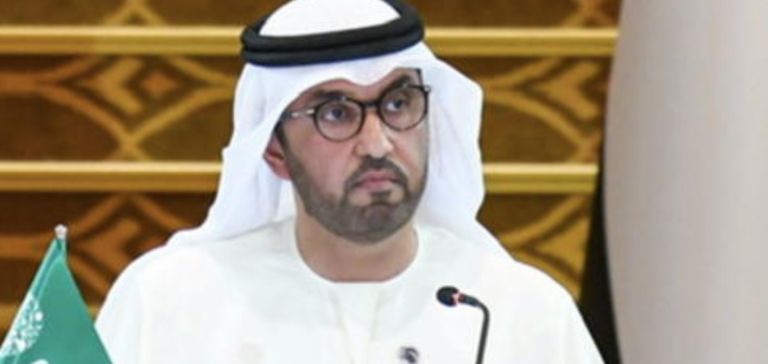The European Union, under the aegis of European Climate Commissioner Wopke Hoekstra and COP28 President Sultan Al Jaber, has made a major commitment to support countries vulnerable to climate change. The announcement of a significant financial contribution to the climate “loss and damage” fund symbolizes a turning point in international solidarity. This fund, adopted at COP27, aims to allocate fresh financial resources from rich countries to those nations most affected by climate change.
The Fund’s Key Role in Climate Negotiations
The establishment of this fund and its effective financing are a key objective of the 28th United Nations climate conference in Dubai. The operationalization of the fund and initial pledges play a crucial role in the progress of negotiations. These discussions focus on accelerating the reduction of greenhouse gases, which are responsible for global warming. The EU’s commitment is in line with these objectives, seeking to reinforce the credibility and effectiveness of the new fund.
Reactions and outlook
The EU’s announcement was welcomed by Sultan Al Jaber, who emphasized the fund’s potential impact on billions of lives affected by climate change. At the same time, Harjeet Singh of Climate Action Network stresses the importance of allocating these funds in the form of grants, not loans, to avoid exacerbating the debt crisis in developing countries. It also calls for a coherent and reliable funding mechanism, given the colossal annual financial requirements.
Compromises and challenges
After a year of negotiations, a fragile compromise was reached on the contours of the fund, despite reservations on the part of the United States. The fund, provisionally established for four years within the World Bank, raises questions about its management and accessibility for developing countries. In addition, wealthy countries, notably the United States, insist that their contributions remain voluntary, and would like to see wealthy emerging countries included as donors.
COP28 represents a crucial opportunity to demonstrate international unity and restore confidence in multilateralism. Declarations by Hoekstra and Al Jaber in Brussels, as well as meetings with the European Commission and European foreign ministers, bear witness to this spirit of collaboration. In addition, the EU is considering a financial contribution to support the COP28 commitment to renewable energies and energy efficiency.
The EU’s financial commitment to the climate fund for vulnerable countries represents a significant step forward in international cooperation and the fight against climate change. Indeed, this initiative underlines the importance of unity, coherent financing and global solidarity, while paving the way for fruitful negotiations at COP28.






















